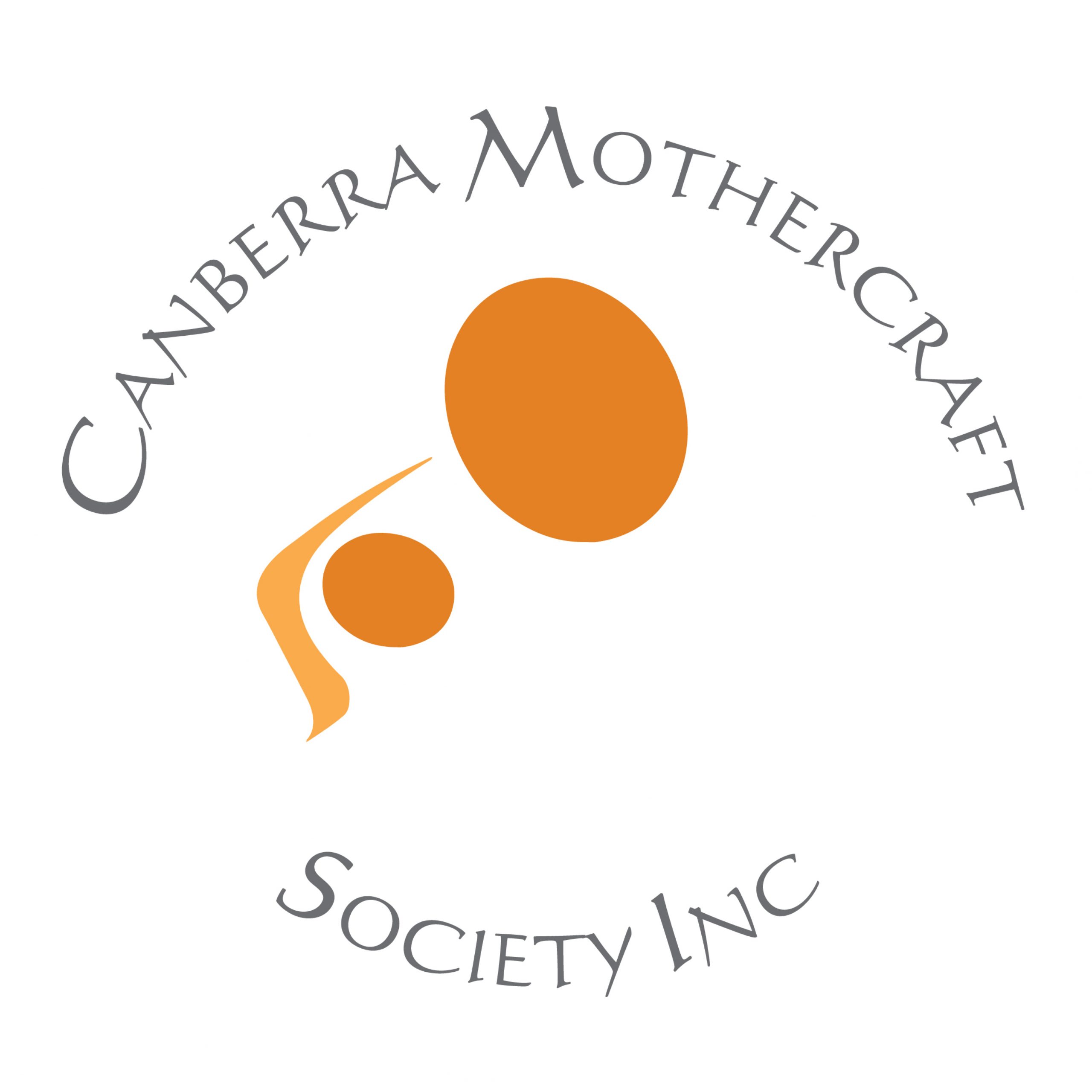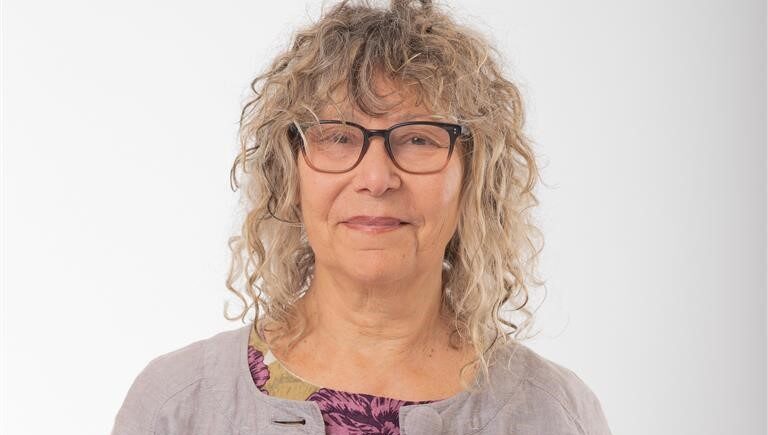Despite awareness of the importance of the early childhood years, Australia is failing children exposed to child abuse and neglect with “truly shocking” results, according to leading health and social policy researcher Professor Leonie Segal.
“Child abuse and neglect is the primary public health issue — responsible for the largest discrepancy in health, social and economic outcomes. And yet, as a society we are failing to provide a proportionate response,” says Professor Segal.
Professor Segal, Foundation Chair, Health Economics and Social Policy at the University of South Australia, will outline the extent of the problem at a lecture in Canberra on May 24. Her lecture, sponsored by the Canberra Mothercraft Society’s Mary Kirk Fellowship, will describe the scale of the disadvantage faced by infants, children, adolescents and young adults exposed to child abuse and neglect and what we need to do differently.
“We know the early years are critical to social and emotional well-being and health across life, as well as educational and employment outcomes,” Professor Segal says.
“Outcomes for victims of child abuse or neglect are huge across every domain studied, including child development at school commencement, hospital attendance, substance use, suicide and early death, unemployment, being on a disability pension.”
Professor Segal’s research shows that children of parents who themselves suffered serious abuse are likely to suffer similar outcomes, and the associated significant harms.
Intergenerational transmission is the dominant child maltreatment pathway. Causal mechanisms include altered brain development, distorted relational patterning, heightened stress response as well as the direct impact of trauma or profound neglect. Professor Segal says these mechanisms explain why child abuse and neglect can have such devastating consequences. And why the children of mothers with an abuse or neglect history are far more likely to be abused or neglected — despite a fervent desire of parents not to repeat this pattern.
“As a society we are not providing the services babies, toddlers, children, adolescents, troubled families need to turn their lives around and prevent transmission of child abuse and neglect to the next generation.
“Something has to change,” Professor Segal says.
“The focus on equal universal access in the early years to care for mother and baby, and early childhood education while understandable, may take attention (and funds) away from the service needs of the more vulnerable infants and young children in society. To meet their needs requires a more intensive trauma-informed response and up-skilling of the health, education and human services workforce to work compassionately and effectively with troubled families.
“Improving the life chances of distressed infants and children is possible, but it will require a commitment to do things differently.”

